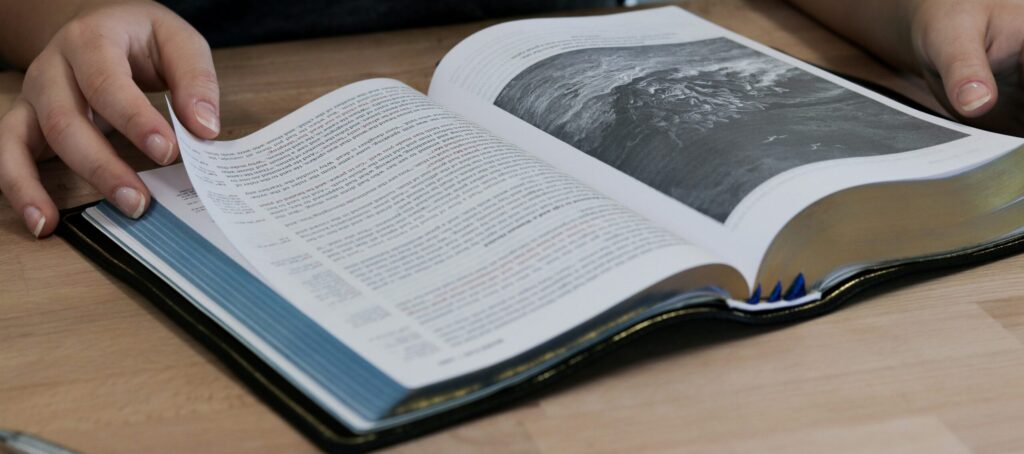David Middleton takes aim at yet another Guardian panic piece on climate that says atmospheric CO2 is about to reach levels not seen in 15 million years, when the Earth was perhaps 3°C to 4°C warmer than today. As Middleton suggests, this correlation actually suggests that CO2 is not the control knob on temperature given that you have roughly the same CO2 level and very different temperature. Then, as we recommend in “A Historian Looks at Climate Change”, he takes a broader look at temperature and CO2 to try to find a relationship. And does not.
Now you might be tempted to say that the only reason those CO2 levels haven’t got us all in the Pliocene sweatbox is that these things take time and the latest rise in CO2 has been so sudden that temperature hasn’t responded yet. But as Middleton notes, the piece in the Guardian (which he calls the Grauniad, music to our nostalgic ears) links to a good paper about historical atmospheric CO2 and temperature in the Pliocene and early Pleistocene. It shows stuff happening including fairly sudden changes in atmospheric CO2 and in temperature. But what it does not show is CO2 moving up or down and dragging temperature with it.
Then Middleton takes a biiiig step backwards, chronologically not intellectually, to discuss the last time atmospheric CO2 was as low as it is now. And it is important to realize that by genuine historical standards CO2 levels are extremely low, so low that it menaces the survival of much plant life (all the species using C3 photosynthesis); the last glacial maximum apparently featured a brush with a real 6th mass extinction and one liable to be permanent because it would have been very difficult for new types of plant to replace those that bit the icy dust.
That scary scene was recent in geological terms. Middleton is talking about an episode about 300 million years ago (MYA), during the “Pennsylvanian” part of the Carboniferous Period and into the early Permian, when atmospheric CO2 was very low and the Earth was in a serious deep freeze, considerably colder than today. Aha, people may say, low CO2 means low temperature and vice versa, whether you think cold is good or not. But not so fast.
Around 300 MYA temperature began to rise then around 280 MYA it shot up, not so fast in our terms but very rapidly in geological terms, to a level not seen since. And what was our buddy CO2 doing? Snoozing. Eventually it moved up as well, starting around 270 MYA, then stabilized while temperature fell until the Jurassic, after which CO2 began to fall and temperature to rise until about 100 MYA, the mid-Cretaceous.
These reconstructions are of course somewhat speculative. But they tell us one thing with reasonable certainty: historically CO2 does not drive temperature. So last time CO2 levels were this high, they were not controlling the planetary thermometer. Leading everyone at the Guardian to conclude that they will this time for sure.



The misspellings of the 'Guardian' e.g. 'Grauniad' as above first appeared in the 1960s in a British satirical magazine called 'Private Eye'. Private Eye started these satirical misspellings due to the huge number of misprints which appeared in the Guardian in those times. Some of the other anagrammatic misspellings they used were 'Gaudrain', Drauginad & Uarginda. They portrayed the Guardian as a boring newspaper full of obscure, very minority interest articles (e.g. Anglo-Bulgar Wool Gathering) which was read by people with 'lively butterfly minds' i.e. people whose minds were so shallow that they could not settle on one opinion for long. And indeed, unlike many newspapers it had articles from people of all political persuasions, which gave the impression that it was read by people who could not make their minds up about anything. Now it is the paper of the British left-wing intelligentsia, the progressive 'bien pensants' who like to bask in the warm, self-satisfying glow of having the correct, morally superior opinions. I just thought that non-British readers would like to know these things.